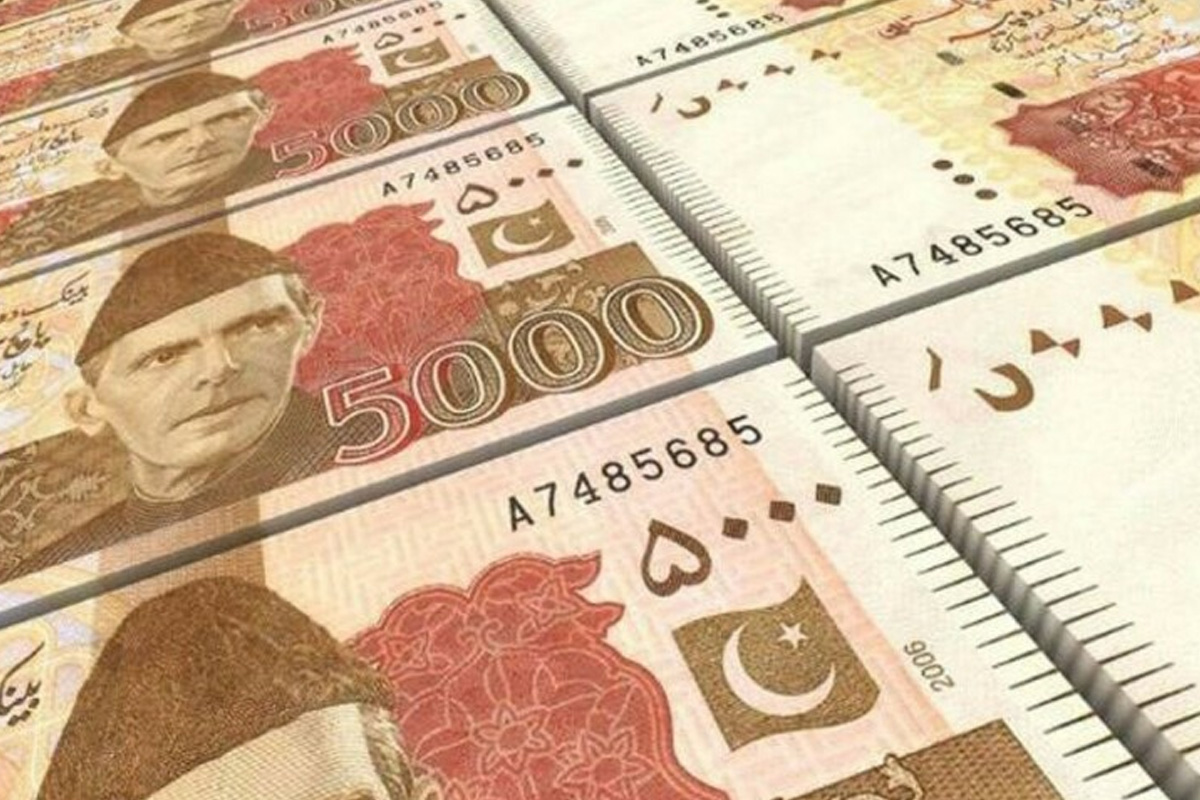The ongoing heatwave in Pakistan shows no signs of abating, with temperatures in Islamabad, Rawalpindi, and many other parts of the country expected to remain significantly above normal. The Pakistan Meteorological Department (PMD) has issued a warning that day temperatures will be 04 to 06°C higher than usual throughout the week. Here, we delve into the current weather conditions and what to expect in the coming days.
Current Weather Conditions
Continental Air and High Pressure
The PMD has identified that continental air is prevailing over most parts of Pakistan. This is coupled with high pressure in the upper atmosphere, which is expected to persist throughout the week. These atmospheric conditions are contributing to the sustained heatwave affecting various regions of the country.
Temperature Forecast for Islamabad and Rawalpindi
Islamabad
In Islamabad, the maximum temperature on Thursday and Friday is expected to range between 41-43°C. These high temperatures are a significant departure from the seasonal norms and indicate the severity of the heatwave.
Rawalpindi
Rawalpindi will experience similarly high temperatures, with forecasts predicting a maximum of 40-42°C on Thursday and 41-43°C on Friday. The heat in the twin cities is expected to remain intense throughout the week.
Weather Overview in Other Parts of Pakistan
Recent Temperature Records
Hot and dry weather has been prevailing across the country. Over the past 24 hours, several cities have recorded extremely high temperatures:
- Mohenjo-Daro: 49°C (hottest place in the country)
- Sibbi and Jacobabad: 48°C
- Larkana, Kot Addu, Khairpur, and Dadu: 47°C
- Turbat, Rohri, Rahim Yar Khan, Noor Pur Thal, Okara, Shaheed Benazirabad, Lasbella, Kasur, and Bhakkar: 46°C
Humidity Levels
In addition to high temperatures, humidity levels are also contributing to the discomfort. In Islamabad, the relative humidity in the morning was recorded at 40 percent, while in Rawalpindi, it was 37 percent.
Implications of the Heatwave
Health Risks
Prolonged exposure to high temperatures can lead to serious health issues, including heat exhaustion and heat stroke. It is crucial for residents in the affected areas to take necessary precautions to stay cool and hydrated.
Impact on Daily Life
The extreme heat affects daily life significantly, making it challenging to carry out routine activities, especially during peak afternoon hours. People are advised to avoid outdoor activities during the hottest parts of the day.
Coping with the Heatwave
Stay Hydrated
One of the most effective ways to combat the heat is by staying hydrated. Drink plenty of water throughout the day, and avoid beverages that can dehydrate you, such as caffeine and alcohol.
Wear Appropriate Clothing
Lightweight, loose-fitting clothing made of breathable fabrics like cotton can help keep you cool. Wearing a hat and sunglasses can also protect you from the sun’s rays.
Avoid Strenuous Activities
Try to limit physical exertion, especially during the peak heat hours of the day. If you need to be outside, take frequent breaks and find shade whenever possible.
Use Cooling Methods
Utilize fans, air conditioning, and other cooling methods to maintain a comfortable indoor temperature. Taking cool showers or baths can also help reduce body temperature.
Monitor Vulnerable Populations
Keep an eye on vulnerable populations, such as the elderly, children, and those with pre-existing health conditions, as they are more susceptible to heat-related illnesses.
The persistent heatwave in Islamabad, Rawalpindi, and other parts of Pakistan is a cause for concern, with temperatures expected to remain well above normal throughout the week. Residents are urged to take precautions to protect themselves from the extreme heat and to stay informed about the latest weather updates from reliable sources. By taking appropriate measures, individuals can mitigate the risks associated with these harsh weather conditions.








